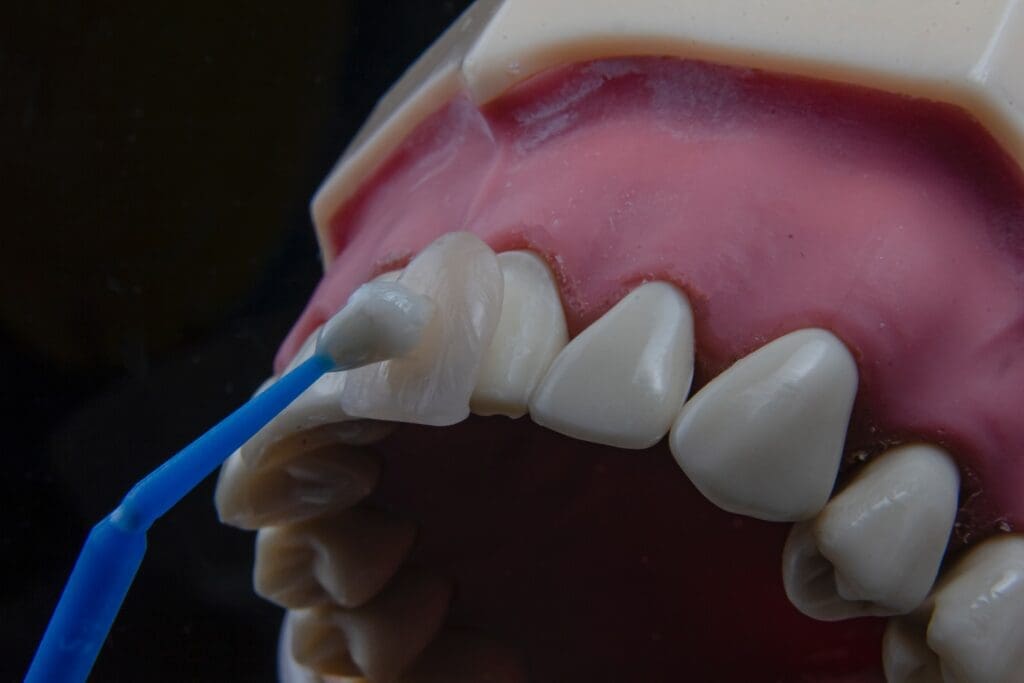Dental fillings are one of the most common procedures performed by dentists to treat cavities and restore damaged teeth. While these fillings are designed to last for many years, they are not permanent solutions. Over time, dental fillings can wear down, crack, or become dislodged, which can lead to further dental problems. In this article, we’ll discuss how long dental fillings typically last, factors that can affect their lifespan, and signs that may indicate it’s time for a replacement.
Lifespan of Dental Fillings
The lifespan of a dental filling can vary depending on several factors. The type of filling material used, the size of the filling, the location of the filling, and the patient’s oral hygiene habits can all affect the lifespan of a filling. Some fillings may last for several years, while others may last for decades.
Amalgam fillings, which are made of a mixture of metals, have been used for over a century and have a proven track record of durability. They can last for 10 to 15 years or more if properly cared for. Gold fillings, which are more expensive but also more durable, can last for 15 to 30 years or more. Composite resin fillings, which are tooth-colored and blend in with the natural teeth, have a lifespan of 5 to 10 years. However, with advancements in technology, some composite fillings can last up to 15 years.
Signs That Your Dental Filling Needs to Be Replaced
Even though dental fillings are durable, they are not immune to wear and tear. Over time, fillings may become loose, chipped, or discolored. When this happens, it’s important to have the filling replaced to avoid further damage to the tooth. Here are some signs that your filling may need to be replaced:
- Pain or Sensitivity: If you experience pain or sensitivity around the filling, it could be a sign that the filling is no longer effective at protecting the tooth. This could be due to decay or damage to the filling itself.
- Cracks or Chips: If the filling is cracked or chipped, it may no longer be providing adequate protection for the tooth. This can also create a space for bacteria to enter and cause further decay.
- Discoloration: If the filling has become discolored, it could be a sign of decay or damage to the filling material. Discoloration can also be a sign of leakage around the filling, which can lead to further decay.
- Rough or Jagged Edges: If the filling has rough or jagged edges, it could be a sign that the filling is wearing down or breaking down. This can create a space for bacteria to enter and cause further decay.
- Recurring Cavities: If you are experiencing recurring cavities around a filling, it could be a sign that the filling is no longer effective at protecting the tooth. This can be due to decay or damage to the filling material.
When to Replace Your Dental Filling
If you are experiencing any of the above signs, it’s important to schedule an appointment with your dentist as soon as possible. Your dentist will examine the filling and determine if it needs to be replaced. In some cases, the filling may be able to be repaired instead of replaced. However, if the filling is severely damaged or decayed, it will need to be replaced.
It’s also important to have regular dental checkups to monitor the condition of your fillings. Your dentist can detect any signs of wear and tear and recommend replacement before any serious damage occurs.
Conclusion
There’s no question that dental fillings are a common and effective treatment for cavities. While they are designed to last for a long time, they do not last forever. If you are experiencing any signs that your filling may need to be replaced, it’s important to schedule an appointment with your dentist as soon as possible. Regular dental checkups can also help detect any signs of wear and tear before serious damage occurs. By taking care of your fillings, you can help ensure the health and longevity of your teeth for years to come.
Contact Melrose Dental Group today to schedule an appointment and experience comprehensive dental care. Our team is committed to educating our patients and providing custom treatments to meet your unique needs. From routine cleanings to dental emergency services, our practice has got you covered. Trust us to be your go-to provider for all your oral health needs.

